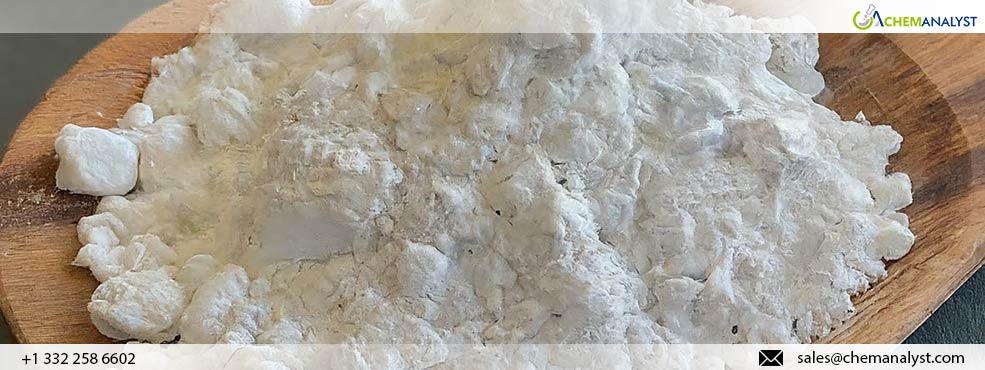Welcome To ChemAnalyst

The price of Bisphenol S (BPS) in the Asia-Pacific (APAC) region declined during July 2024 due to several contributing factors. Weak demand from downstream epoxy resin and polycarbonate (PC) sectors, coupled with ongoing difficulties in the real estate market, led to a significant decrease in home sales, highlighting underlying market weaknesses.
The domestic epoxy resin market faced a downturn, characterized by insufficient actual order volumes and a lack of clear guidance. This situation was exacerbated by a bearish market sentiment for BPS, where trading activity remained markedly low, and shipments became the primary focus. BPS importing nations such as India experienced reduced demand due to the rainy season, further impacting the market.
Global economic factors, including the European Union's anti-dumping investigation on Asian epoxy imports, contributed to an oversupply in China, further dampening demand for BPS in the epoxy resin industry. Additionally, the polycarbonate sector faced production delays at key manufacturing facilities, resulting in insufficient demand for BPS and consequent price reductions.
In July 2024, China's manufacturing sector saw a downturn, marked by a decline in new orders and reduced production activity. This led to lower raw material inventories and an accumulation of finished goods. Although export orders continued to rise, the pace slowed, affecting overall purchasing activity. Consequently, the domestic BPS market experienced sluggish trading and limited downstream buying, putting downward pressure on prices.
The broader economic landscape also influenced BPS demand. Dow's Q2 2024 report indicated declining sales in its Polyurethanes & Construction Chemicals business, driven by falling local prices. Additionally, low energy costs, due to weak coal and crude oil prices, reduced BPS production costs. China's coal market remained weak, with power plants making minimal coal purchases due to ample stockpiles. Trading activities were hindered by a persistent bid-ask price spread and low inquiries, further reducing production costs for BPS.
India's construction sector, affected by the monsoon season, contributed to the overall decline in BPS demand within the APAC region by reducing the need for PC and epoxy resin. The combination of a weakened Chinese manufacturing sector, global economic challenges, and reduced demand from key downstream industries exerted significant downward pressure on BPS prices.
In July, China's real estate market continued its downward spiral, with new home sales from top developers plummeting 19.7% year-over-year. This accelerated decline from the previous month's 17% drop underscored the deepening crisis in the sector. The slump in housing construction led to reduced demand for construction materials such as epoxy resin and polycarbonate, putting significant pressure on traders and manufacturers. To offload inventory, traders resorted to offering lower prices, while downstream factories adopted a just-in-time purchasing strategy.
ChemAnalyst predicts a bearish outlook for the BPS market in APAC during the monsoon season. High inventory levels, coupled with an anticipated supply surplus, are expected to exert downward pressure on prices, resulting in sustained price challenges.
We use cookies to deliver the best possible experience on our website. To learn more, visit our Privacy Policy. By continuing to use this site or by closing this box, you consent to our use of cookies. More info.
